Only after an ordeal of painful self-probing are we likely to discover what we actually believe about God
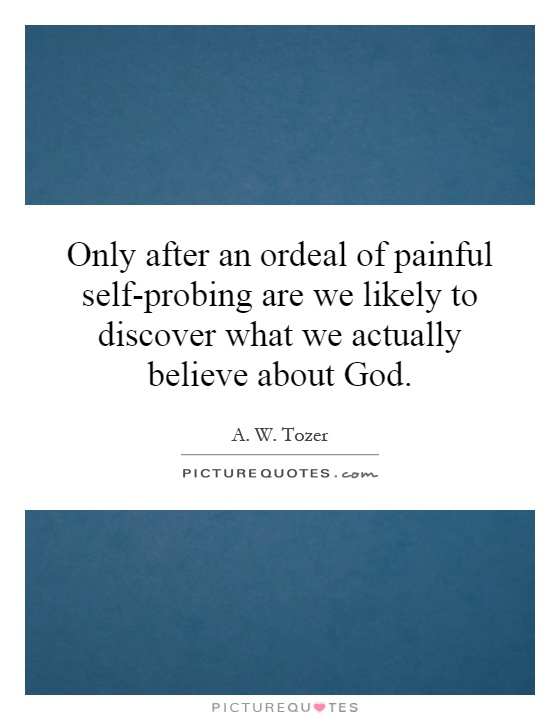
Only after an ordeal of painful self-probing are we likely to discover what we actually believe about God
The statement "Only after an ordeal of painful self-probing are we likely to discover what we actually believe about God" suggests that our beliefs about God are not always readily apparent to us. It implies that understanding our beliefs about God requires a deep and introspective examination of our own thoughts, feelings, and experiences.Beliefs about God are deeply personal and can be shaped by a variety of factors, including upbringing, culture, personal experiences, and philosophical or religious teachings. These beliefs can be complex and multifaceted, often encompassing ideas about the nature of God, the purpose of life, the existence of evil, and the afterlife, among other things.
However, many people may not have a clear understanding of their beliefs about God. They may have inherited certain beliefs from their family or community without critically examining them, or they may have conflicting or ambiguous beliefs that they have not fully explored.
In order to truly understand what we believe about God, we must engage in a process of self-probing that involves questioning our assumptions, exploring our doubts, and confronting our fears. This can be a difficult and painful process, as it may require us to confront deeply held beliefs that we have never questioned before.
Through this process of self-probing, we may come to realize that our beliefs about God are more nuanced and complex than we had previously thought. We may discover that our beliefs have evolved over time, or that they are influenced by a combination of different factors.
Ultimately, the process of self-probing can lead to a deeper and more authentic understanding of our beliefs about God. It can help us to clarify our beliefs, resolve any conflicts or doubts we may have, and develop a more coherent and consistent worldview.

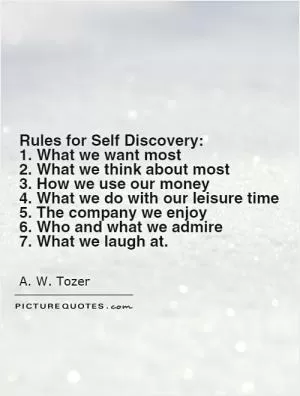
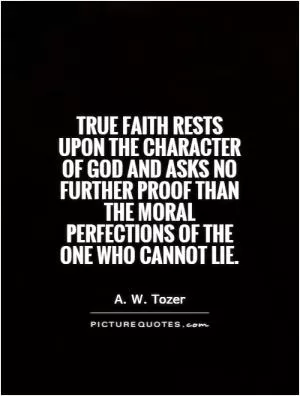
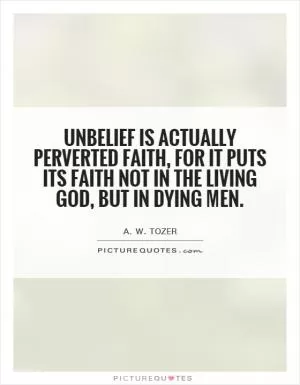


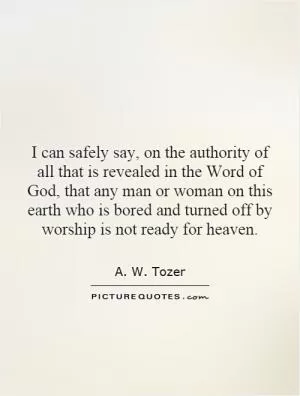



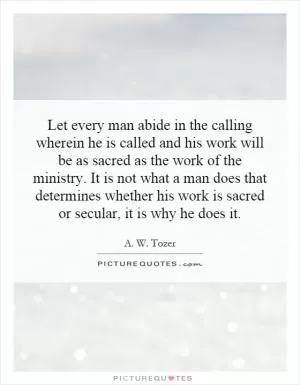

 Friendship Quotes
Friendship Quotes Love Quotes
Love Quotes Life Quotes
Life Quotes Funny Quotes
Funny Quotes Motivational Quotes
Motivational Quotes Inspirational Quotes
Inspirational Quotes